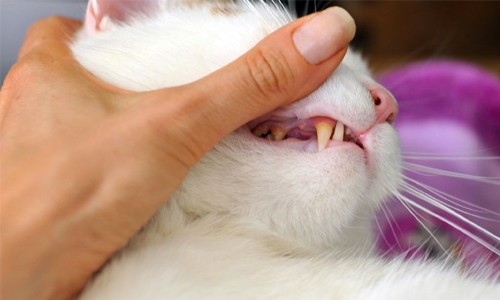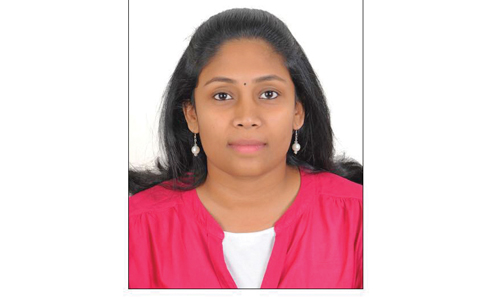PET VET - Dental disorders of cats
Many of the dental disorders of cats are similar to those found in people. Several factors such as tooth alignment, diet, infectious diseases, oral dental care, the bacteria and other local changes in the mouth and genetics (some cats are genetically more prone to developing dental diseases) are predisposes to dental diseases.
Plaque is a thin film of food debris, bacteria, saliva, and dead cells that is continually deposited on your animal’s teeth. Plaque that is present for more than 72 hours begins to harden into a substance called tartar (calculus) that accumulates at the base of the teeth. This buildup irritates the gums and contributes to the development of gum diseases.
Gingivitis refers to inflammation of the gum surrounding the tooth. Gingivitis is extremely common, found in cats of all ages and varies widely in severity. Cats of around five months of age quite commonly develop due to permanent teeth erupting through the gums and loss of deciduous teeth causing gum disturbance and inflammation.
Periodontitis : here the tissue damage is more severe and includes the gums, the ligaments, and bone. More commonly found in older cats. It usually is seen after the development of plaque, tartar, and gingivitis. It is irreversible and results in permanent loss of tooth support.
Stomatitis: Stomatitis means inflammation of the oral cavity (inside the mouth). Some cases are associated with other infections. This is an extremely painful disease and cats will have difficulty in eating, drooling of saliva, paw at the mouth and show other signs of mouth pain. They may lose weight with the reduced appetite.
After the treatment, follow your veterinarian’s instructions, which might include daily tooth brushing, dietary changes, plaque prevention gel, and oral rinses. Frequent (every 3 months to 1 year) preventive cleanings will help to avoid relapse and prevent further bone loss.
Veterinary Surgeon, Dr .Rajani Rajesh.
Related Posts


